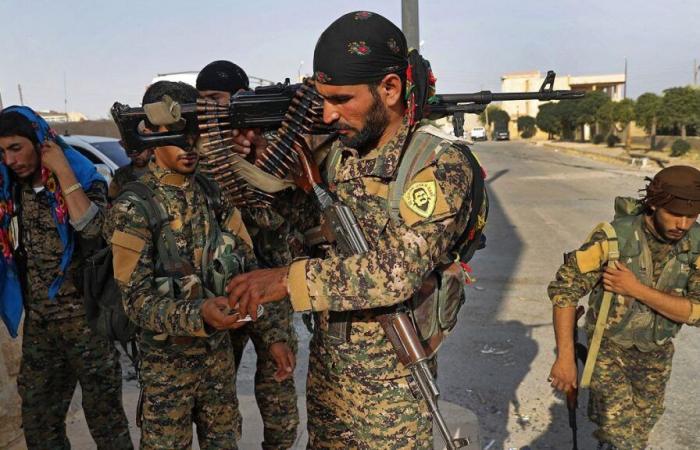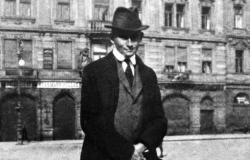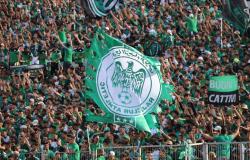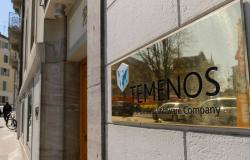The SDF launched a counter-offensive against Turkish-backed rebel forces to reclaim areas near Syria's northern border. Clashes have intensified since the fall of Bashar al-Assad.
ADVERTISEMENT
The Kurdish-led Syrian Democratic Forces (SDF) launched a counter-offensive on Tuesday against the Ankara-backed Syrian National Army (SNA) to retake areas near Syria's northern border with Turkey.
Since the fall of Bashar al-Assad's totalitarian regime earlier this month, clashes have intensified between the US-backed SDF and the SNA, which has seized the key town of Manbij and surrounding areas .
Ruken Jamal, a spokesman for the Women's Protection Unit, or YPJ, within the SDF, told AP that their fighters were just over seven miles from the center of Manbij.
He also accuses Turkey of trying to weaken the group's influence in negotiations on Syria's political future through the NSA.
“Syria has entered a new phase and discussions are underway on the future of the country”says Ruken Jamal. “Turkey is trying, through its attacks, to distract us with battles and exclude us from negotiations in Damascus”.
The UK-based Syrian Observatory for Human Rights said that since the start of the SNA offensive in northern Syria against the Kurds earlier this month, dozens of people from both sides were killed.
Ankara considers the SDF a subsidiary of its archenemy, the Kurdistan Workers' Party (PKK), which it considers a terrorist organization. Armed groups backed by Turkey, as well as Turkish jets for years, have attacked positions where the SDF has a large presence in northern Syria, in order to create a buffer zone without the group along the large shared border .
While the SNA participated in the lightning insurgency – led by the Hayat Tahrir al-Sham or HTS – that toppled Al-Assad, it continued its fight against the SDF, seen as the second key player in the political future of Syria.
Meanwhile, the SDF has enjoyed support from Washington, which views Kurdish forces as its main ally against remaining pockets of the so-called Islamic State group and its satellites.
Ankara will not move?
On Monday, SDF spokesman Farhad Shami said the group's forces had pushed Turkish-backed rebels from areas near the Tishrin Dam on the Euphrates River, a key source of hydroelectric power. He added that the SDF also destroyed a tank belonging to the rebels southeast of Manbij.
The Britain-based War Monitor said Tuesday that the Kurdish-led group, after nightly fighting, had recaptured four villages in areas near the strategic dam.
Turkish jets have also pounded the strategic border town of Kobani in recent days.
During the uprising that turned into conflict in Syria, the Kurds carved out an autonomous enclave in northeastern Syria, without ever fully allying themselves with Al-Assad in Damascus or with the rebels trying to overturn it.
Even though the al-Assad family is no longer there, it seems that Ankara's position will not change, since Turkish Foreign Minister Hakan Fidan, during his historic visit to Syria, maintained a firm stance on the Kurdish-led group during its meeting with de facto leader Ahmad al-Sharaa, formerly known as Abu Mohammad al-Jolani of HTS.
“He has transformed the region into a cauldron of terror with members of the PKK and far-left groups coming from Turkey, Iraq, Iran and Europe,” Fidan told a conference. press release after the meeting. “The international community turns a blind eye to this anarchy because of the protection it offers (against the so-called IS).
With fighting continuing, SDF commander Mazloum Abdi expressed concern over a strong resurgence of ISIS due to Syria's power vacuum and ongoing fighting, which has left the group led by Kurds unable to carry out its attacks and raids against the extremist group's scattered sleeper cells.






